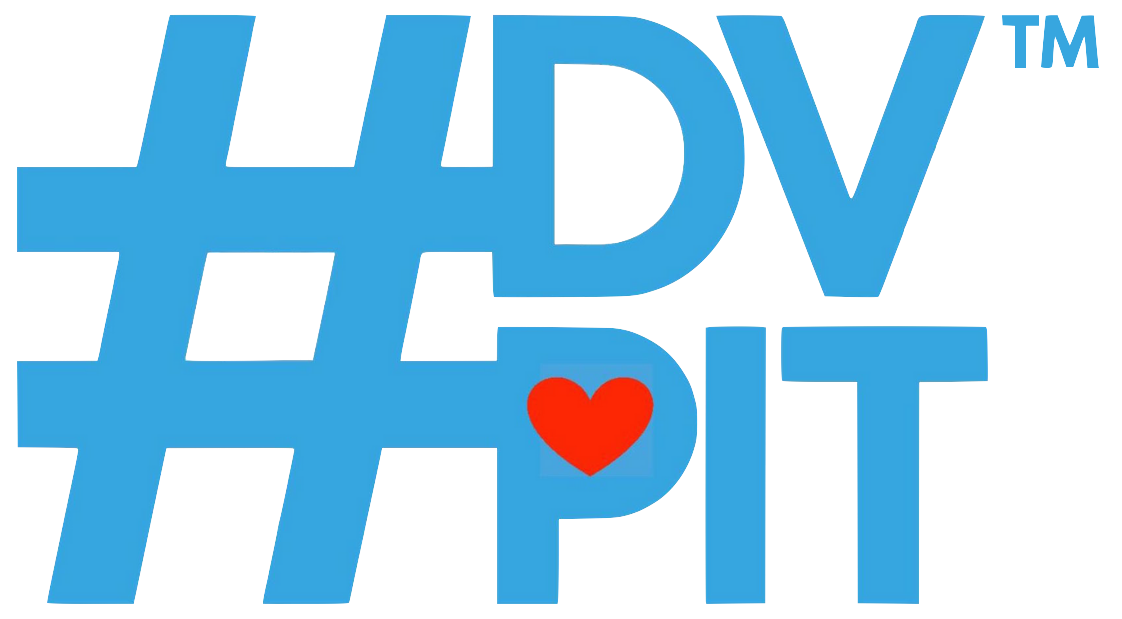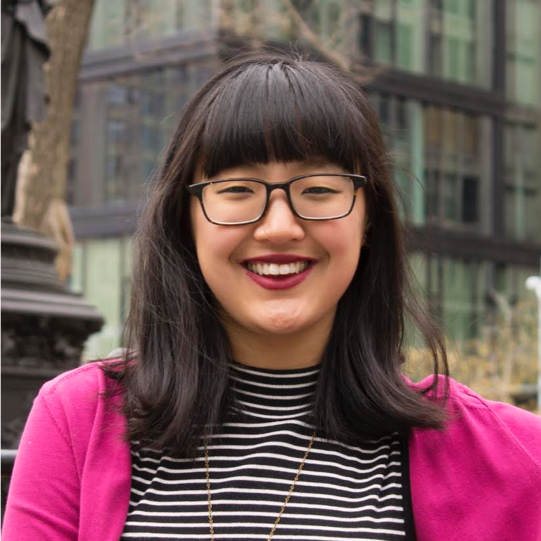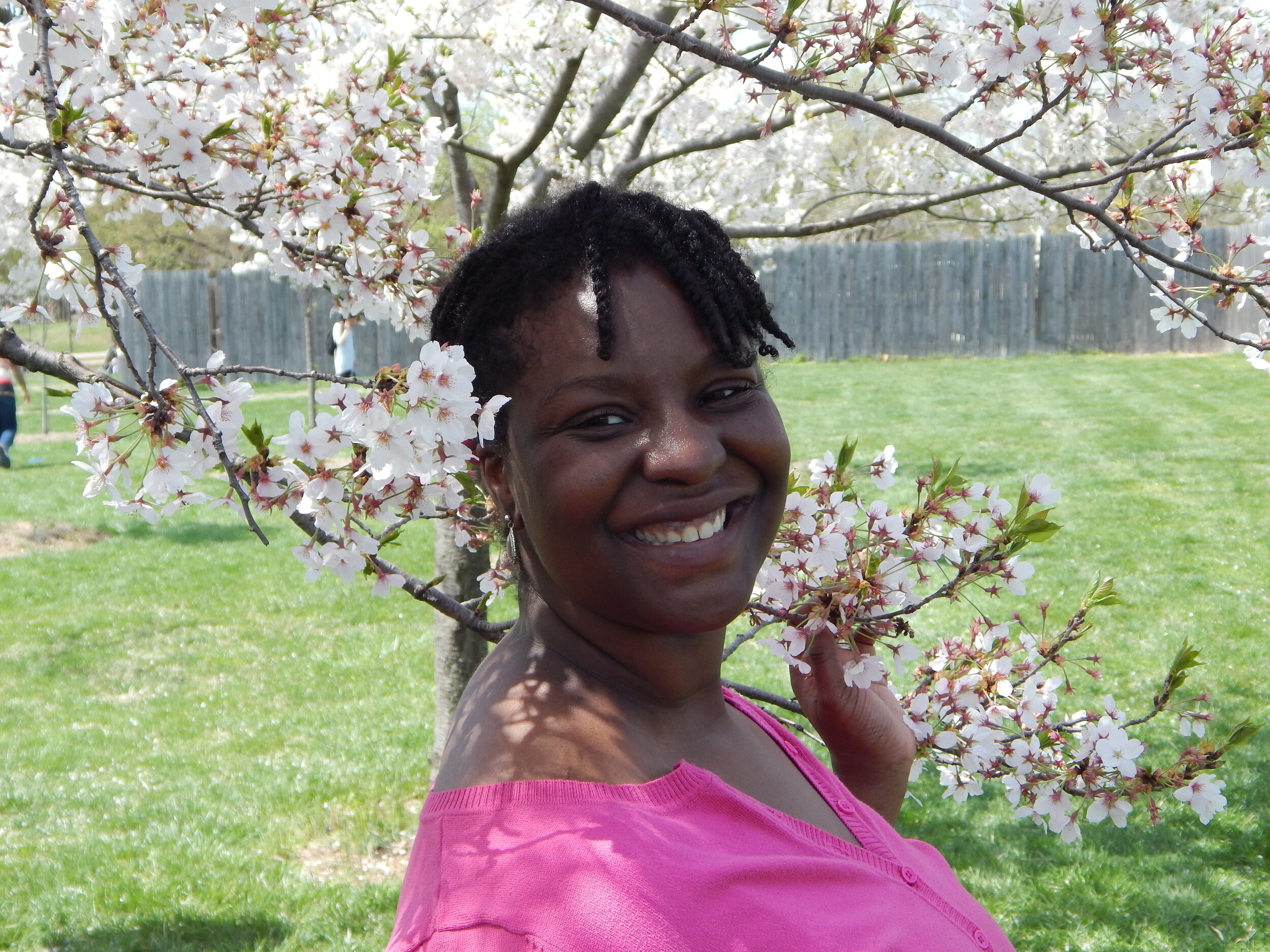Originally posted: September 7, 2017
Jasmine and Michael, thanks so much for agreeing to this interview and congratulations on your partnership! To start, Jasmine, I’d love to know more about your book and why you wrote it.
JASMINE: My book, Moonshine, is a secondary-world urban fantasy set in a magical Prohibition. It follows the story of Daisy Dell, a flapper who is secretly a mage who just started her first grown-up job with a shifty company and a boss who also seems to have his own secrets.
The day-job aspect of Daisy’s character arc was largely inspired by my first “real job” out of college, where I was doing work that I neither cared about nor understood the purpose of. “What does this company I work for even do?” was a question I asked myself frequently, and that kind of turned into the jumping-off point of Daisy’s story (the answer for Daisy is a lot more exciting than the answer was for me). A lot of Daisy’s arc is focused on just getting her feet settled under herself as a young adult who’s clever and capable but not really sure what she wants out of life, which mirrored a lot of what I was feeling in my own life when I first started writing Moonshine. With the Jazz Age-inspired setting, I was also able to incorporate a lot of historically significant elements of the 1920s into this theme, such as the flapper and moga movements of the US and Japan, as well as less-fun elements like cultural anxiety toward massive technological shifts. It was actually kind of surprising to me how similar the cultural climate surrounding flappers and Millennials was, and with Moonshine I was kind of able to marry those elements in this sort of America/Mordor-hybrid setting to create something beyond just Daisy’s uncertainties about becoming a cog of capitalism.
Of course, as I pitched it specifically as an LGBT work in #DVPit, there’s a lot of exploration of queer elements that were also important to me. I’m a fan of mixing both incidental queerness with queerness as a more pointed story element. So in some cases a character is established as queer just as a simple character trait, such as Daisy’s bisexuality or Vicks’ genderfluidity, and in some cases a character’s queerness is vital to their character arc or plot, such as Daisy’s boss, Andre, whose bisexuality and aromanticism are relevant in a key plot point. I handle disability largely the same way, with it sometimes being front-and-center and sometimes just being passively present. The reason I like using these approaches together is that it allows me to both express some of my anxieties and frustrations and traumas as a queer and disabled person, but to also celebrate queerness and disability as normal and valued aspects of my life.
Michael, what was it about this manuscript that sealed the deal for you?
MICHAEL: The word I came back to constantly reading Moonshine was ‘fun.’ At Angry Robot we publish a good deal of heady science fiction and world-saving-level fantasy, but for me as a reader, one of the biggest things I look for from a book is a story that will put a smile on my face. Following Daisy’s journey, her discoveries, and the world that Jasmine presented in Moonshine was an unalloyed delight, and I could not help but tear through page by page to spend more time with the characters and see how the book wove together the plotlines and themes.
I also adore inventive settings, and so the combination of a fantasy city reeling with the implications of magic and a prohibition-era-US city fostering a culture of speakeasies and empowerment for a greater range of people helped me go from “I love this and will keep reading” to “We have to buy this so I can help share it with the world.”
Jasmine, how did you prepare this manuscript for submission? Do you work with outlines, schedules, or deadlines? Do you have critique partners and beta readers?
JASMINE: I had a chapter-by-chapter outline that covered all of the big-picture items I needed to incorporate while still allowing enough wiggle room to deviate if I went a little off the rails while drafting and ended up with something that I hadn’t planned for. I do try to set deadlines for myself, and while I never seem to be able to quite meet self-imposed deadlines, I tend to do nothing at all if I don’t establish some kind of goal for myself. For novel-length projects I usually edit at least once before passing it off to beta readers before editing again… and then probably editing a third time after that, and again if it still needs work. Moonshine, I think, went through about four distinct rounds of editing before Angry Robot ever saw it.
And how was the #DVpit experience for you, overall? Expectations? Doubts? Disappointments?
JASMINE: I wasn’t sure what to expect, to be honest. I had only done one Twitter pitch event before, and most of the agents and editors with that one seemed to be fishing for commercial literary or YA, so I didn’t get any bites then. I kind of came out of that being like, “Does anything ever even come of these Twitter pitch things?”, but when the first #DVPit started coming up, there were a lot of people giving advice and helping polish pitches and queries and boosting each other’s projects – just this great sense of community. I think that was what encouraged me most to try another Twitter pitch. Like, even if I could never expect anything to come from a Twitter pitch, at least I got to meet a bunch of cool new people. As it turned out, it ended up working really well for me!
How was the experience for you, Michael?
MICHAEL: I was very excited when I first heard about DVPit, as increasing the range of voices and stories that we feature at Angry Robot is one of my top editorial priorities. Browsing the #DVPit hashtag gave me an exciting preview into the future of the genre, where under-represented and marginalized voices take their rightful place in the genre.
Since my primary work for Angry Robot is in sales & marketing, I’m very aware of the generational and systemic biases that pile one atop the other to crowd writers from marginalized & under-represented backgrounds farther and farther out of the genre and the market. “Common wisdom” in the publishing industry keeps those systems in place, diminishing the opportunities for marginalized & under-represented writers, which then makes it harder to get support for their works even when they do find good publishing partners. Being able to discover exciting pitches and reach out directly to the authors was a fantastic opportunity for me to jump over some of those hurdles and find amazing works to bring to my team.
I called in a number of manuscripts from DVPit pitches, and even with the books I didn’t offer to buy, I saw fresh perspectives, strong writing, and great promise. Fortunately, one of those manuscripts was Moonshine, which not only won me over, but the entire Angry Robot team. Which brings us here today!
Jasmine, did you receive pitch help? Any words of wisdom you’d like to pass along to future participants?
JASMINE: I connected with some other authors to get feedback on my pitches and my query letter. One thing I really struggled with was how to broadcast the specific types of diversity going on with me and my book (Is it appropriate to label it #POC for my characters even though I’m white? Is #DIS going to be considered more/less marketable than #LGBT? Is someone going to start lecturing me if I describe my characters/myself as queer?), and talking about it with other authors helped me get a better sense of how I wanted to present my book to the world in a way that was comfortable for me. But I’m not sure there’s any advice I can give about this that would be universally-applicable.
The most helpful (general) advice that I got was to make sure your pitch communicated: the main character, the conflict, the stakes, and (if room) the setting of your book. It’s a tight fit, but it’s not impossible to get people invested in your character’s journey in under 140 characters.
And Michael, do you have any advice for querying authors and/or for anyone planning to participate in a future #DVpit?
MICHAEL: I think maybe the way to catch an agent or editor’s attention with a pitch is to give us a sense of what the book feels like. Jasmine’s pitch for Moonshine told me right away what the book would feel like—A fun girl-in-the-big-city adventure about identity and magic.
The other biggest elements to hit, depending on how you pitch a work, is to give a sense of character, setting, and stakes. Working in sales & marketing, I often prepare a variety of pitches for each book, and find ways to combine those pitches or vary them at conventions. It’s a great idea to see if you can find two or three different ways of pitching your work and try them all if the rules allow. Maybe one pitch focuses on feeling/aesthetic expectations, another foregrounds your main character and their journey, and a third pitch uses strong, evocative comparison titles to show an editor/agent that you know the genre and understand where your work fits in to the market.
Tell us about The Call, Jasmine!
JASMINE: Well, it was more of The Email Correspondence for me. A while after sending Mike my full manuscript, I had kind of forgotten to keep track of that (I had started going back to school and was a little overloaded for a while), and by the time I remembered that I had submitted Moonshine to Angry Robot, I figured that enough time had passed that I could probably assume it was a no, and I started working on a new set of revisions to get it ready for a new round of querying. Of course, as soon as I was knee-deep in revising, I got an email from Mike asking if it was still available. A couple weeks later, he sent me an official offer of publication. Mike was also kind enough to give me some advice on how to reach out to agents with an offer of publication (since I was still agent-less at this point), and he even recommended me several agents that Angry Robot has worked with before, including Laura Zats at Red Sofa Literary, who I ended up signing on with. Angry Robot was very patient with me as Laura and I worked out our contract, and she was a great help in negotiating my contract with Angry Robot.
Jasmine, what has the editing/publication process been like since #DVpit? Any news you can share about the book at this point? Publication date, cover, blurbs…?
JASMINE: Things have been great since I’ve been working with Angry Robot! They’re such a close-knit team and so passionate about what they do, and they’ve all been working really hard getting Moonshine ready for publication.
The cover by John Coulthart was just recently revealed on Barnes and Noble’s Sci-Fi and Fantasy Blog, and I’m so excited to have that out there in the public. If you’re familiar with John’s work, he has a distinctive style that is packed full of intricate detail and color, and the work he’s done on Moonshine’s cover is absolutely stunning. AR was great about bringing me in for feedback on John’s drafts, too, and it’s been such an incredible experience to have my voice heard in that process.
Give us the pitch that hooked your publisher!
JASMINE: “Daisy's starting a new job & stylish city life, but mage-hunters out for her dark magic threaten to destroy her vogue image #DVPit #F #LGBT”
Michael, what was it about this pitch that caught your attention?
MICHAEL: The first thing that struck me was the freshness (in fantasy/sf) of a Mary Tyler Moore-esque Girl in the Big City premise. We’ve seen works like Mur Lafferty’s The Shambling Guide to New York City, but that is UF rather than secondary-world fantasy, and I was immediately taken by the idea of taking this new perspective on non-earth fantasy, rounding out the trend of more modern-feeling fantasy as seen in works like Max Gladstone’s The Craft Sequence or others.
What else are you looking for these days? Is there anything specific on your wishlist that you’re hoping to find, maybe at the next #DVpit?
MICHAEL: Angry Robot in general loves strong character and narrative voice. Both our Publisher, Marc Gascoigne, and our main editor, Phil Jourdan, respond really intensely to voice-driven books.
Personally, I am looking to continue to widen the table of SFF and bring in more books that use the tools of SF/F in new ways, bringing under-represented perspectives to the field. In terms of specifics, I’d love to see some works that dramatize reform and civic engagement. SF&F have tons of books about revolutions, but nowhere near as many about creating a new society after a revolution, or stories about a group of people creating a landmark social change without violence. I’d love to see more community-oriented disaster/post-apocalyptic narratives, works that draw more from the more hopeful vision of disaster response as described in Rebecca Solnit’s A Paradise Built in Hell.
I’m also really eager to see more books that strike a chord of post-cynical optimism. Where there is heroism and there are things worth fighting for while also maintaining the high level of emotional texture & complexity that is foregrounded in the best of dark/grimdark fantasy.
Warm congratulations to Jasmine and Michael for finding each other! I’m looking forward to seeing where they go next. Follow them on Twitter so you can do the same!
Jasmine Gower (@Jas_Gower) is an author from Portland, Oregon, where she studied English literature at Portland State University. Jasmine was inspired to write amidst a childhood of fantasy novels and 90s video games and has a passion for exploring themes of gender, sexuality, and disability through the conventions of speculative fiction and fantasy world-building.
Michael R. Underwood is the North American Sales & Marketing Manager at Angry Robot Books as well as the author of the Ree Reyes Geekomancy series and Genrenauts, a cross-genre adventure SF series in novellas. Michael has been a bookseller and a field sales representative. Find him on Twitter at @MikeRUnderwood and the books he works on for Angry Robot at angryrobotbooks.com.









































